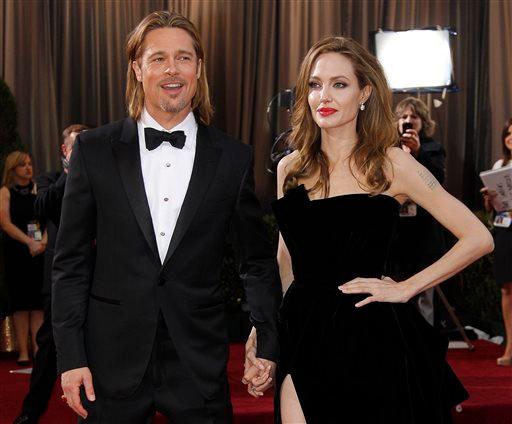A long-held belief says that the more things change the more they stay the same. Hero worship exemplifies an unflagging notion of something woven into the fabric of society, save an occasional upgrade to keep with the times. The concept remains intact through the ages, though the players and the circumstances of course do not.
Definitions of hero worship may differ, but an entry in Urban Dictionary defines hero worship as to “obsess over a certain person who you think is better [or] more talented than you.”

Actress Angelina Jolie, right, and actor Brad Pitt at the 84th Academy Awards in the Hollywood section of Los Angeles, Feb. 26, 2012. AP Photo/Amy Sancetta




